The Greatest Horror Scenes: A Journey Into Fear
The Greatest Horror Scenes: A Journey Into Fear
Horror films have long captivated audiences around the globe, drawing us in with their spine-tingling narratives, unsettling atmospheres, and haunting visuals. The most iconic scenes of horror are more than mere moments of fear—they are expertly crafted experiences that etch themselves into our minds and persist in our cultural consciousness. Join us as we embark on a journey into the heart of some of the greatest horror scenes ever committed to film.
The Shining (1980) - The Overlook Hotel Unleashed
Few horror films have left as indelible an impression as Stanley Kubrick's The Shining. Adapted from Stephen King's novel, the film is a masterclass in building tension and delivering haunting visuals. The scene where Jack Torrance (Jack Nicholson) axes his way through a bathroom door only to peer through the splintered wood and declare "Here’s Johnny!" is one for the ages. Nicholson's unhinged performance, combined with Kubrick's meticulous direction, encapsulates raw terror. This scene stands as a testament to psychological horror, cementing The Shining as a cornerstone of the genre.
Jaws (1975) - A Fiery Introduction
While "creature feature" films are abundant, few have managed to capture the primal fear of the unseen—and the underwater—quite like Steven Spielberg's Jaws. The opening sequence, depicting a carefree swim that suddenly turns vicious, sets the tone for the entire film. Without ever fully revealing the shark, Spielberg uses music, camera angles, and the actors' reactions to evoke mounting dread. John Williams’ iconic score swells as we witness a juxtaposition of leisure and fear, creating a legendary moment in horror cinema.
Halloween (1978) - The Boogeyman Comes Home
Directed by John Carpenter, Halloween is often credited with defining the slasher subgenre. The film’s closing scenes, where Laurie Strode (Jamie Lee Curtis) comes face to face with Michael Myers, are fraught with tension and panic. As the masked killer appears from shadows, we feel the weight of impending doom. Carpenter's use of extended tracking shots and the chilling score accentuates the terror, presenting Michael Myers as an unstoppable force of nature whose true horror lies in his lack of humanity. This scene forever altered the landscape of horror films.
Psycho (1960) - A Game-changing Shower
Alfred Hitchcock's Psycho delivered a scene so pivotal that it's become part of pop culture lexicon: the shower scene. Janet Leigh's portrayal of Marion Crane is brought to a screeching halt in a moment of cinematic brilliance. Bernard Herrmann's shrieking violins, combined with rapid cuts and a shadowy figure, induce a sense of helplessness and shock. The scene not only subverted audience expectations but changed the perception of horror forever, proving that terror can strike from everyday settings. Hitchcock’s genius lies in making us feel vulnerable at the most ordinary moment.
The Exorcist (1973) - The Unsettling Transformation
William Friedkin's adaptation of William Peter Blatty's novel, The Exorcist, remains one of the most terrifying films in history. The haunting scene of Regan MacNeil's transformation, where the young girl is overtaken by a demonic presence, is masterfully disturbing. The iconic moment when her head turns 360 degrees is both supernatural and harrowing. The film relies heavily on practical effects and strong performances to evoke visceral fear. This particular scene cements The Exorcist as the benchmark for possession stories, blending the supernatural with genuine emotional horror.
Alien (1979) - The Creature Emerges
Ridley Scott's Alien expertly combines science fiction with horror to deliver an intense cinematic experience. The infamous chestbursting scene stands out as a transformative moment, not only within the film itself but in the genre as a whole. As Kane (John Hurt) sits down to what appears to be an ordinary meal, a moment of false respite swiftly turns chaotic when the alien bursts forth. The practical effects, mixed with the actors’ genuine shock, intensify the scene’s impact. Alien redefined horror by introducing existential dread into the cosmic unknown.
As we reflect on these pivotal scenes, it becomes clear that the most celebrated moments in horror films aren't just about inducing fear, but creating an immersive and unforgettable experience. These scenes showcase the power of directors and actors to draw viewers into worlds where reality is stripped away and nightmares take form.
A Nightmare on Elm Street (1984) - The Death of a Dream
Wes Craven’s A Nightmare on Elm Street introduced audiences to the sadistic Freddy Krueger, a villain who blurs the line between dreams and reality. The film's terrifying grip is encapsulated in the scene where Tina Gray (Amanda Wyss) faces Freddy in her nightmares. As the boundaries between her dream and reality dissolve, she is levitated and visibly assaulted by an unseen force. This scene encapsulates the terror of feeling vulnerable even in our sleep, further enhanced by Craven’s innovative blend of practical effects and gripping storytelling. Freddy’s domination over dreams makes him a unique horror villain, forever haunting the subconscious of viewers.
Get Out (2017) - The Sunken Place
Jordan Peele’s Get Out is a modern exploration of horror, seamlessly intertwining social commentary with psychological fear. One of the most poignant scenes is when Chris (Daniel Kaluuya) is hypnotized and trapped in the "Sunken Place," a metaphorical representation of helplessness in the face of systemic racism. As his mind is plunged into an infinite void, the visuals convey utter isolation, leaving a haunting mark on audiences. Peele’s skillful use of sound and visual storytelling transforms this into a memorable horror masterpiece, highlighting that the scariest monsters often reside within societal structures.
Hereditary (2018) - A Devastation Unforeseen
Ari Aster’s Hereditary redefined family drama through a horror lens. One scene, in particular, turns the film into a modern classic: the tragic accident involving Charlie (Milly Shapiro) and her brother Peter (Alex Wolff). As Peter drives his sister in a panic, an abrupt and grotesque calamity strikes, leaving viewers in absolute shock. The raw emotion, combined with powerful performances and a complete lack of music, creates a deafening silence that reverberates throughout the entire film. Aster’s ability to invoke dread through atmosphere and narrative stakes makes this scene truly unforgettable.
The Blair Witch Project (1999) - Found Footage Dread
Setting the precedent for found footage horror, The Blair Witch Project invests in storytelling over special effects, proving that less is often more. The film’s climax, where Heather Donahue’s camera captures her frantic search for her missing companions within an eerie, abandoned house, is a culmination of the building paranoia and fear throughout the movie. The simplicity of her terror, conveyed through shaky, claustrophobic footage, and the final image of Mike standing in a corner, taps into primal fears of the unknown. This scene’s ambiguity leaves viewers questioning reality long after the credits roll.
The Ring (2002) - Samara’s Haunting Arrival
When Gore Verbinski adapted The Ring for Western audiences, he crafted one of the most iconic horror scenes of the new millennium: Samara’s emergence from the television. Naomi Watts delivers a gripping performance as her character watches the ghostly figure crawl forth into the physical world, blurring the lines between technology and supernatural horror. The scene leverages surreal visuals and sound design to intensify the fear of a looming, unstoppable curse. Samara’s crawl has lingered as a chilling tableau of inevitable doom, solidifying the film’s status as a horror staple.
Paranormal Activity (2007) - Night Terrors
Oren Peli’s Paranormal Activity reintroduced audiences to the terror of what we leave unseen. Particularly haunting is the night where Katie Featherston stands motionless by her bed, staring at her sleeping partner for hours as time-lapsed footage captures a ghostly presence. The simplicity of the scene, shot with a stationary camera while the audience awaits the unexpected, fosters a palpable sense of dread. This film exhibits how ordinary spaces can become nests of terror, proving effective horror often lies in unsettling anticipation rather than visual spectacle.
The Babadook (2014) - A Mother’s Nightmare
Jennifer Kent’s The Babadook offers a profound and psychological exploration of grief and parenthood. Its most chilling moment occurs when the titular creature reveals itself fully, both to the protagonist Amelia (Essie Davis) and the audience. The tension crescendos as it torments Amelia, reflecting her internal struggles and unchecked mental anguish. The creature’s design and its connection to the characters' psychological landscape make this scene especially poignant. The film crafts a compelling narrative where personal demons are just as terrifying as supernatural ones, elevating The Babadook to critical acclaim.
These landmark scenes contain the essence of what makes horror such a penetrating and impactful genre. From psychological terror and social commentary to pure supernatural dread, these moments have transcended their films, leaving an indelible mark on the cinematic world and beyond. Horror, at its best, is an exploration of the darkest aspects of humanity and imagination, challenging viewers to face their fears and confronting them with reflections of the unknown.
As filmmakers continue to push boundaries and innovate, the legacy of these incredible scenes endures, inspiring new generations to venture into the eerie, the terrifying, and the astonishing. These scenes remind us that in horror, the shadows hold stories that become legends—stories that define and shape the way we perceive fear.
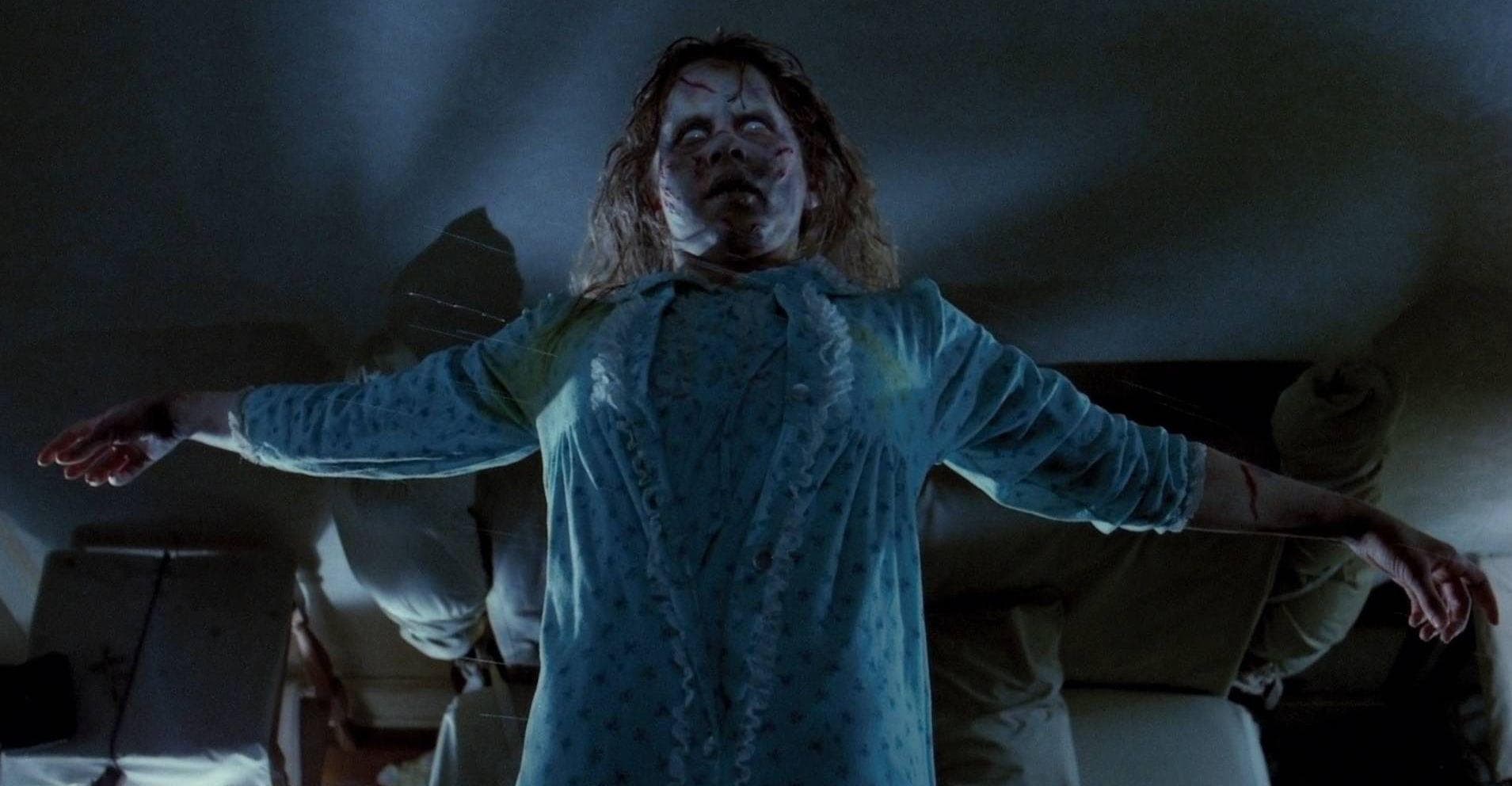

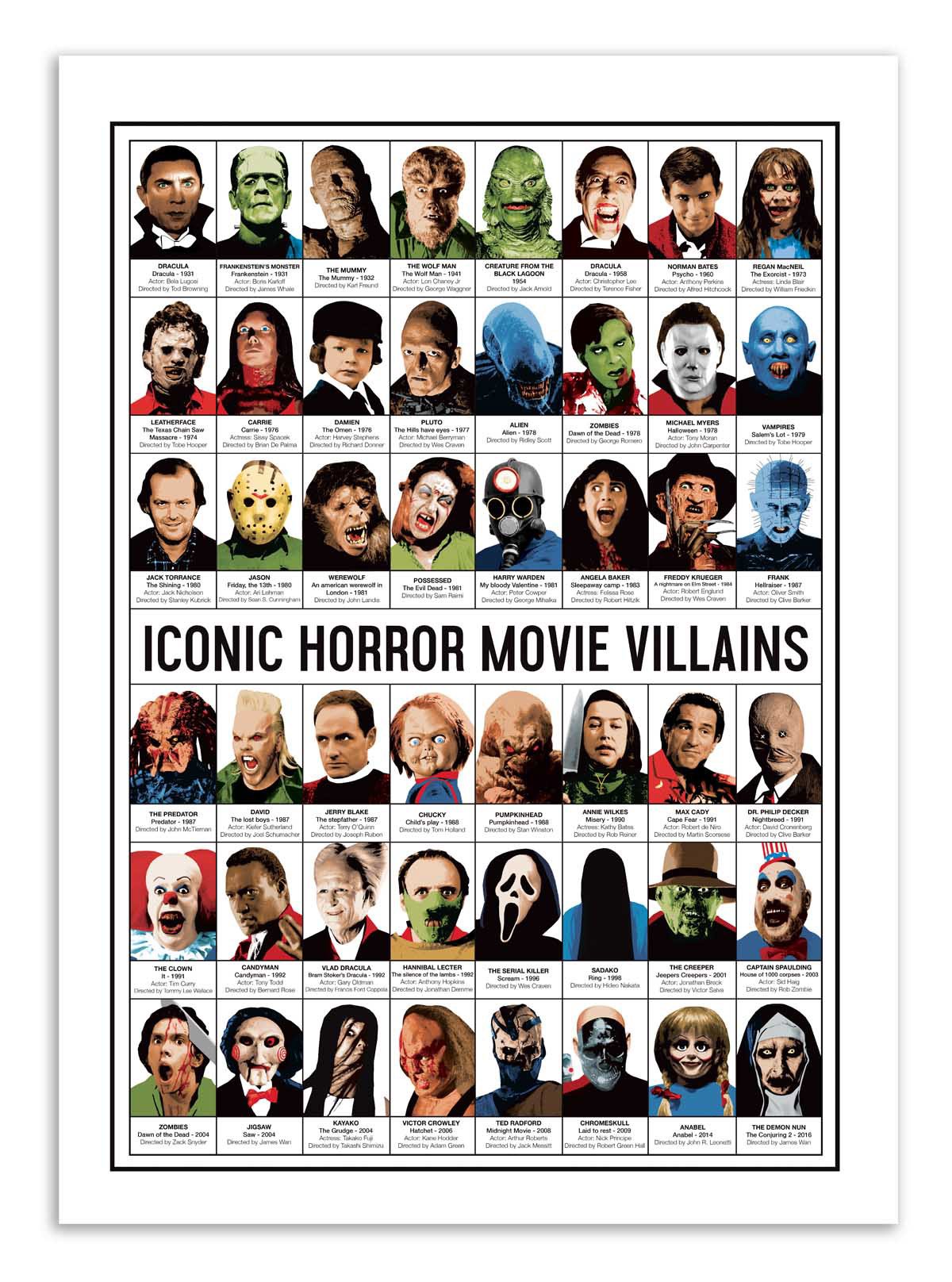
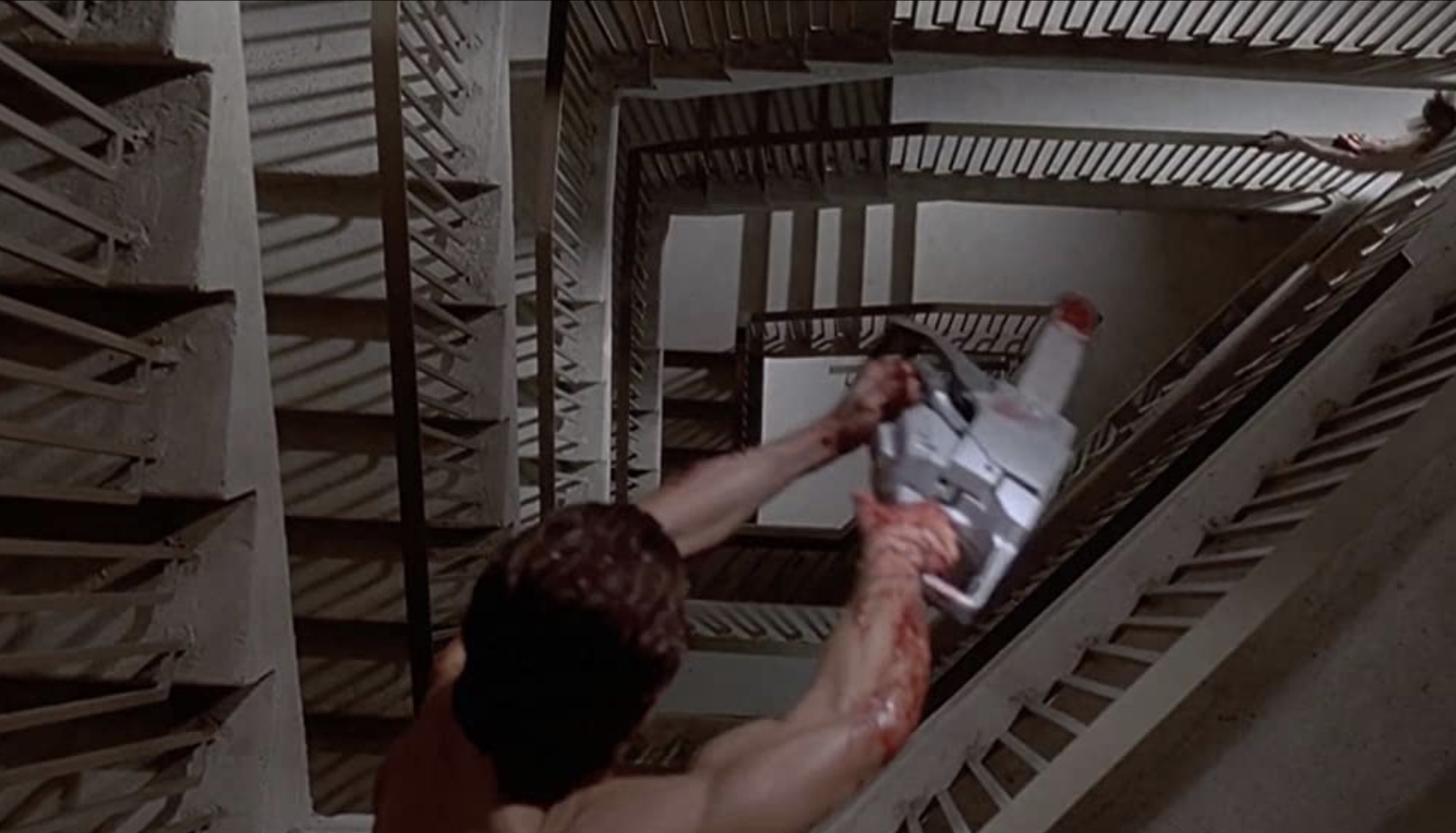

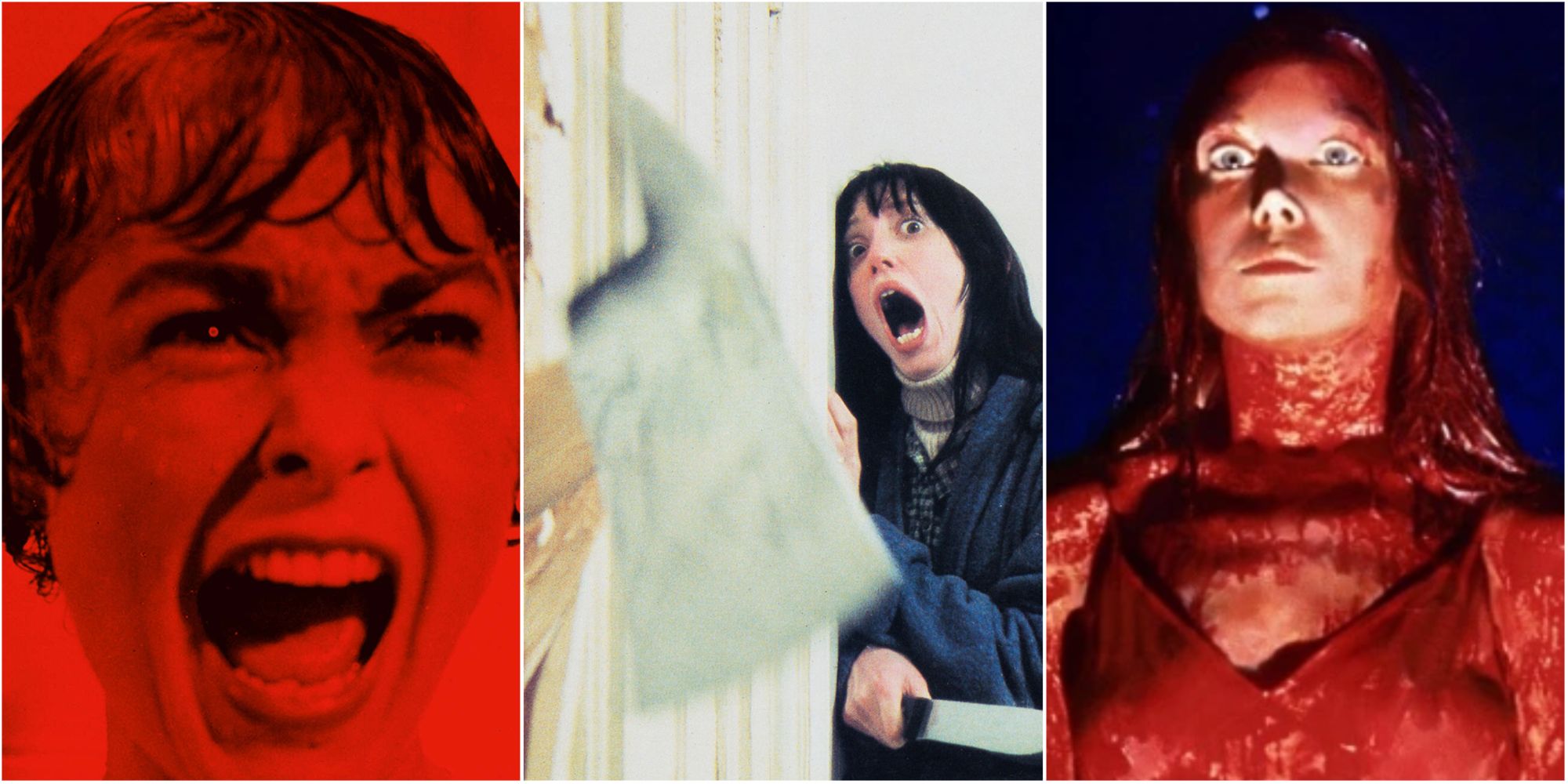


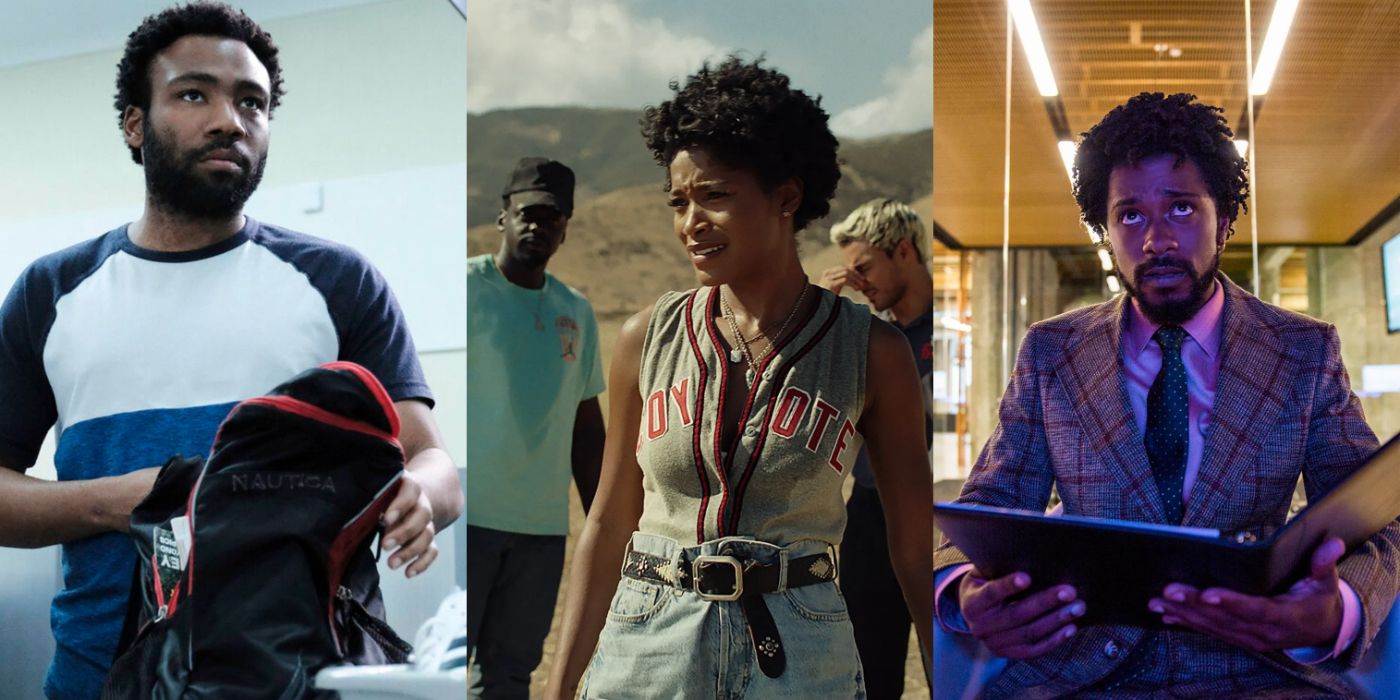


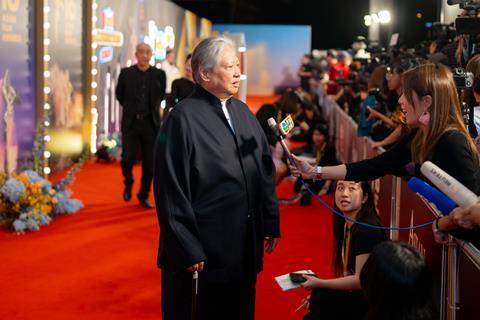





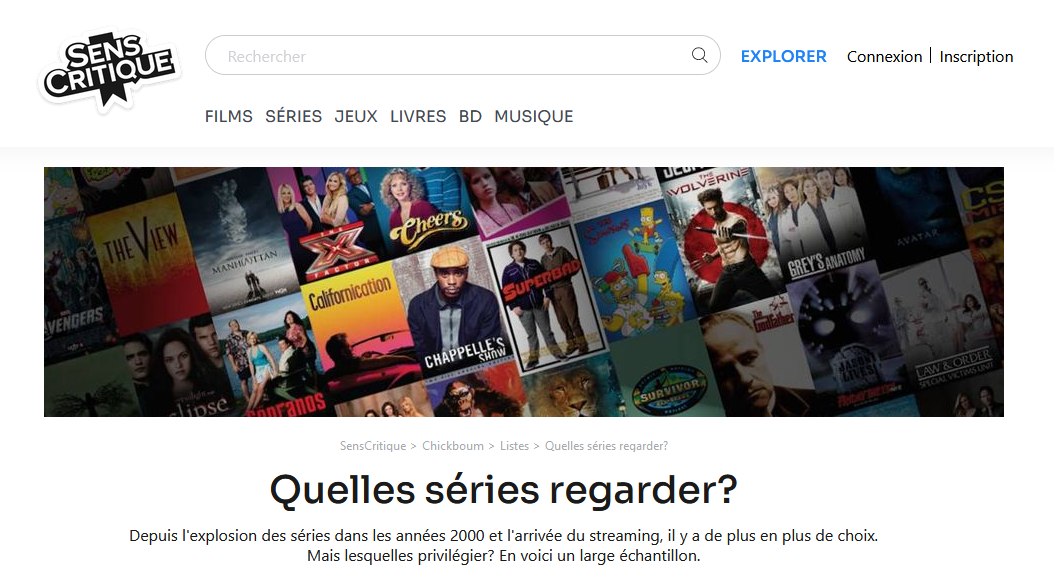
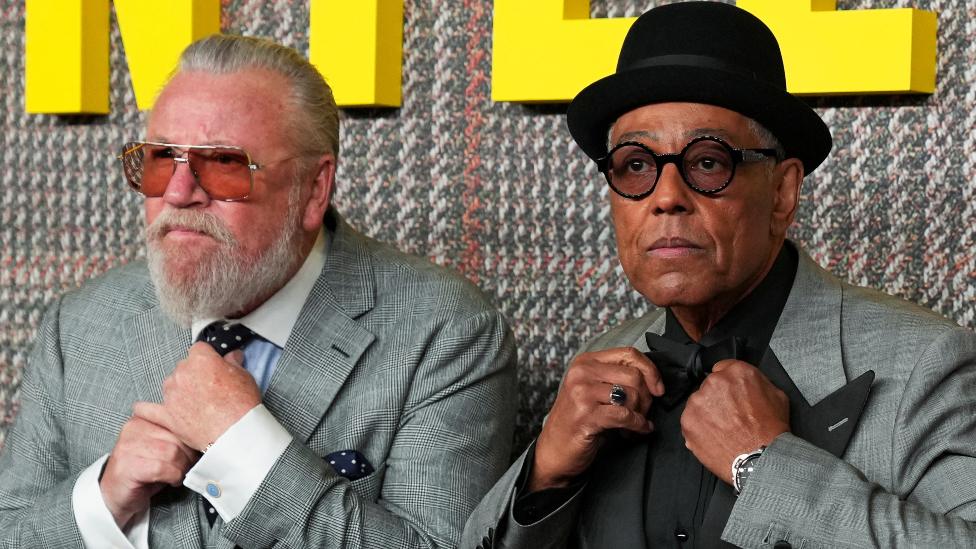
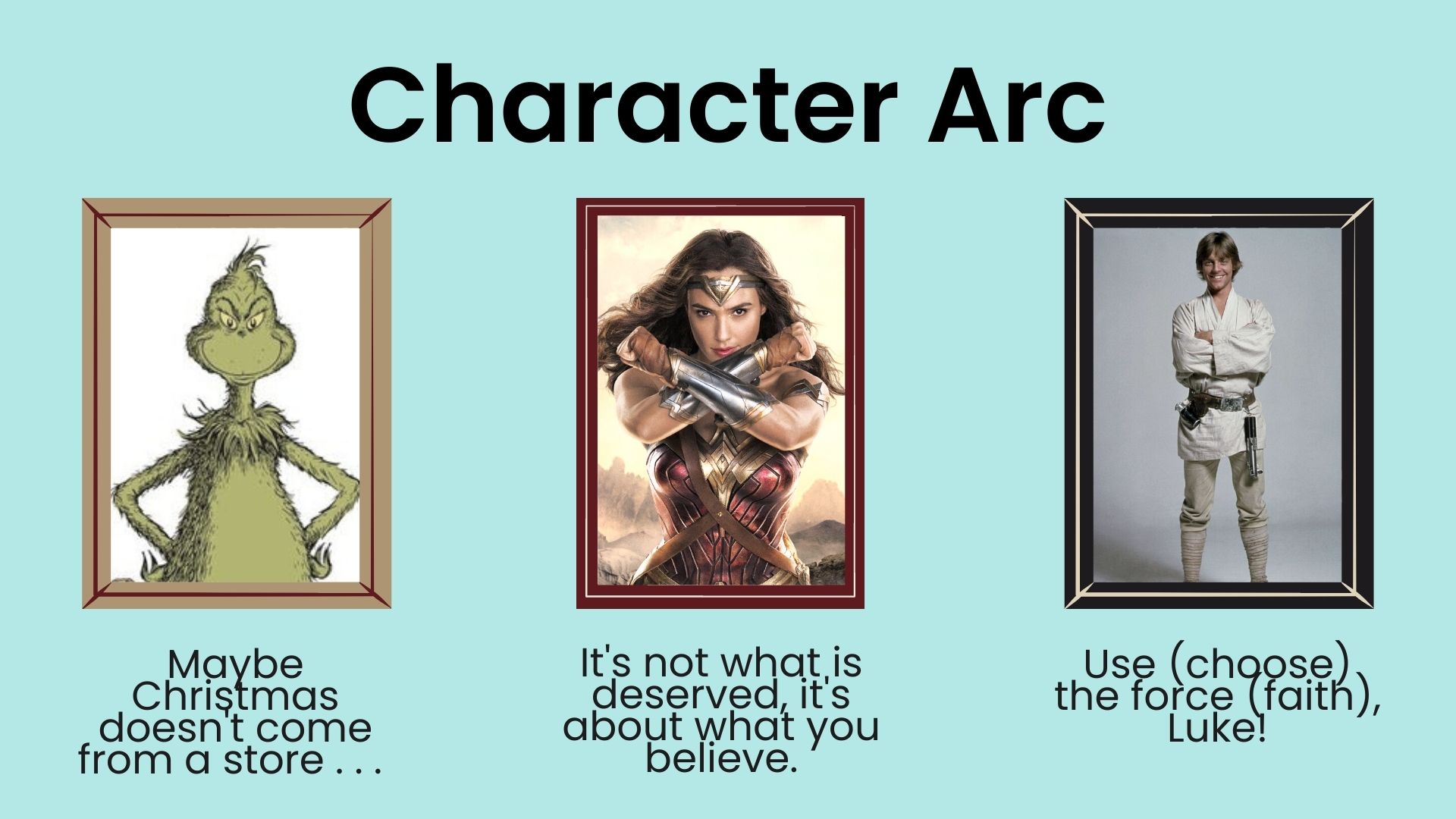
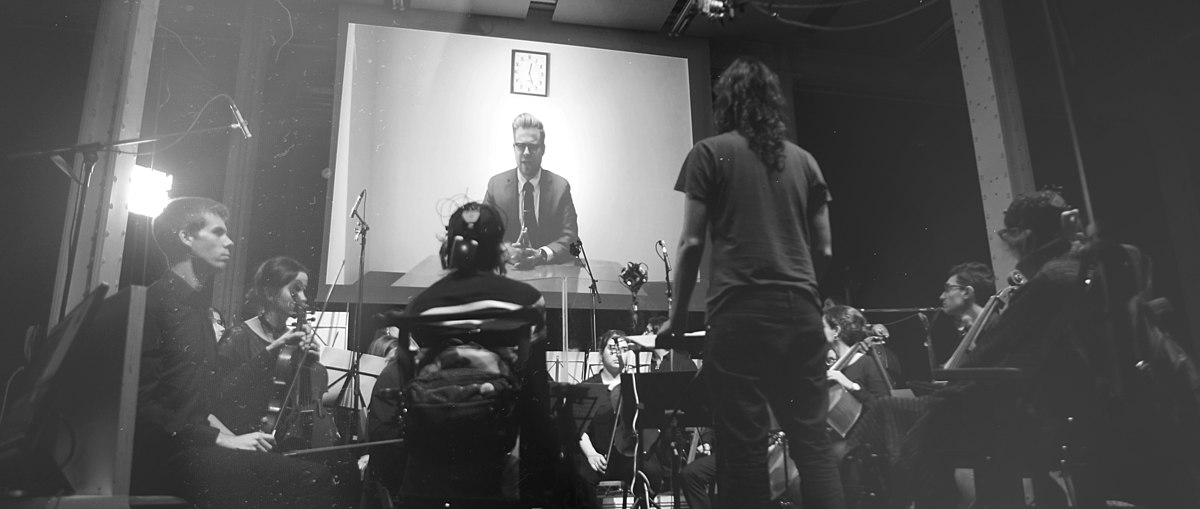
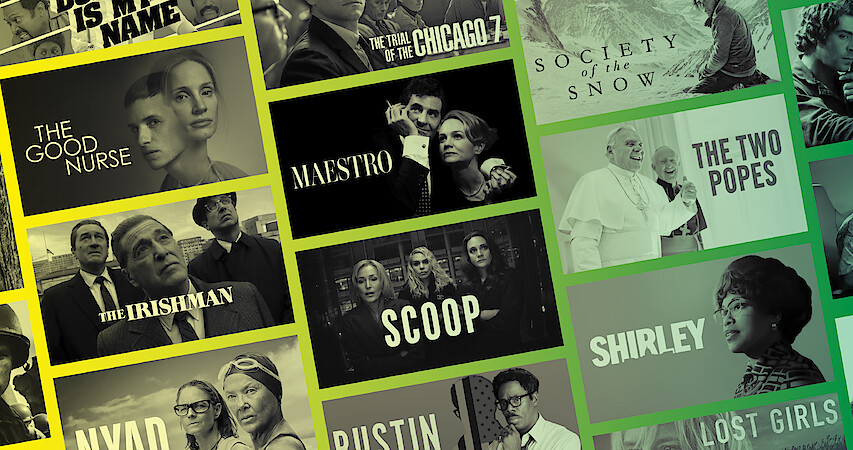
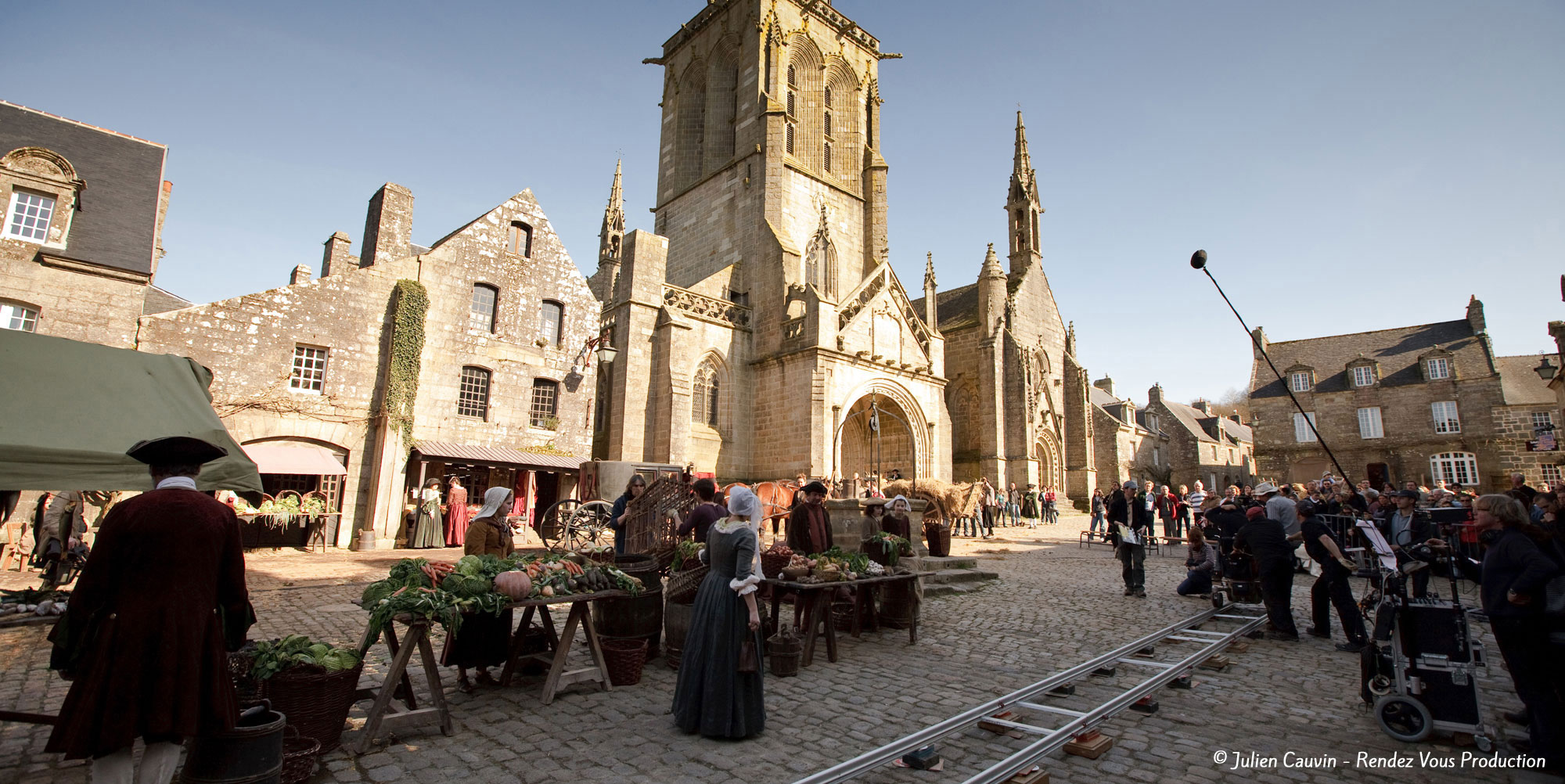
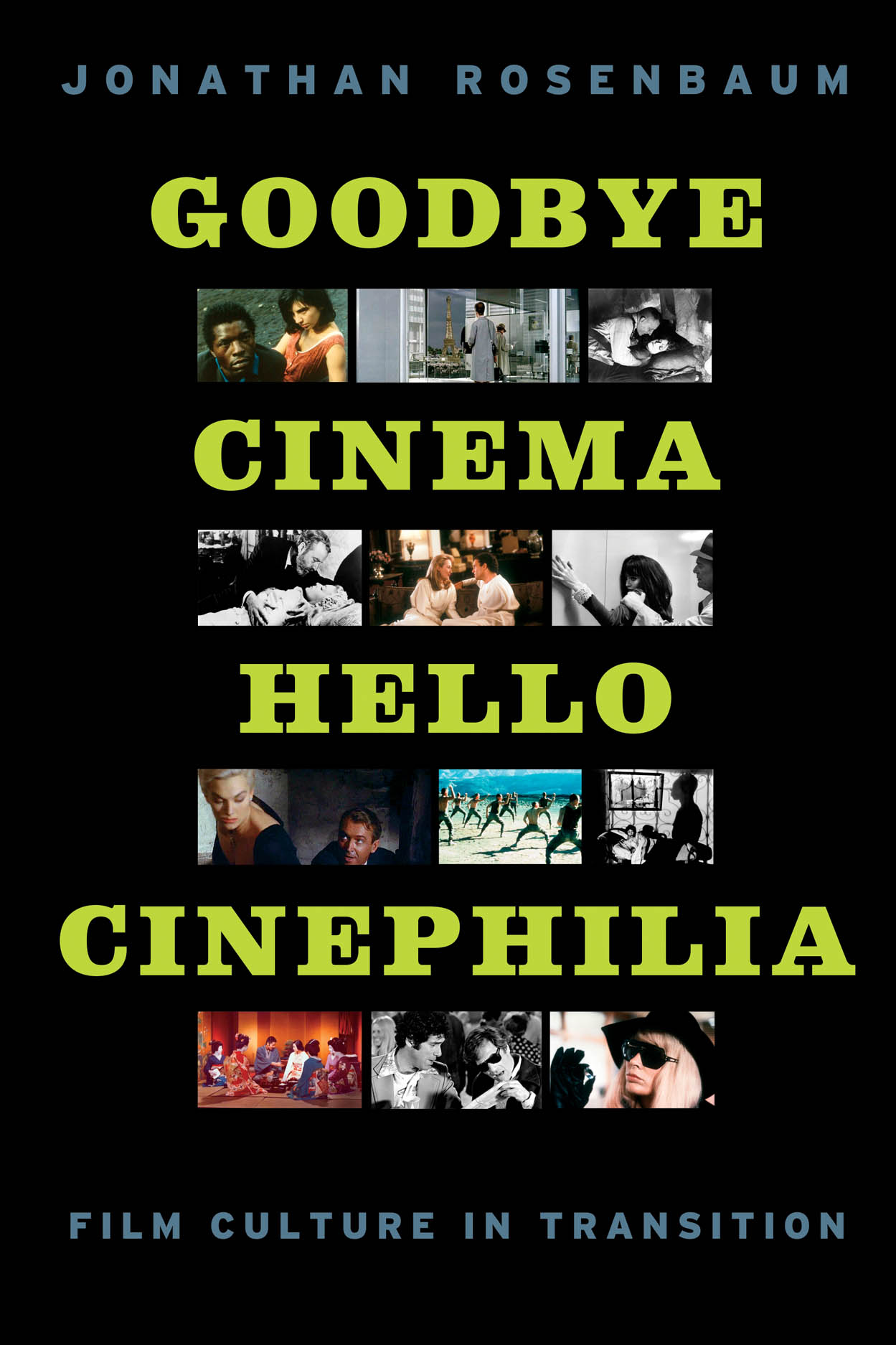


Comments